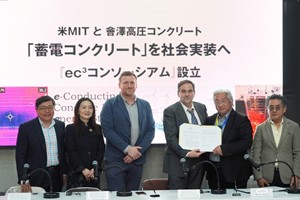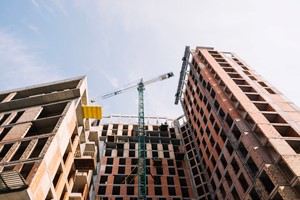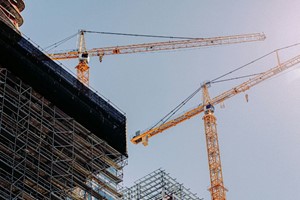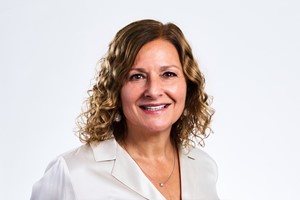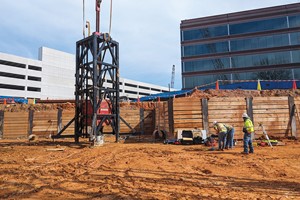The establishment of the MIT Electron-conductive Cement-based Materials Hub (EC^3 Hub), an extension of the MIT Concrete Sustainability Hub (CSHub), marks a significant advancement in the realm of concrete technology. Under a five-year sponsored research agreement with the esteemed Aizawa Concrete Corp, the EC^3 Hub is poised to delve into the realm of multifunctional concrete applications within infrastructure, transcending its conventional role as a structural component to encompass diverse functionalities such as energy storage.
Facilitated by the MIT Industrial Liaison Program, this collaborative initiative between the MIT CSHub, various MIT research entities, and a consortium spearheaded by Aizawa Concrete represents a notable convergence of academia and industry. Through substantial funding from Aizawa Concrete, the EC^3 Hub aims to address key research areas, focusing particularly on the development of self-heating pavement systems and energy storage solutions for sustainable infrastructure.
Yoshihiro Aizawa, CEO of Aizawa Concrete, expresses the company's commitment to this transformative endeavor, emphasizing its potential to catalyze industry-wide decarbonization efforts and yield societal benefits at large. The envisaged technologies hold promise for significant practical applications, including the prospect of de-icing road and sidewalk surfaces through the utilization of carbon black-doped concrete pavements.
The utilization of concrete as an energy storage medium for renewable sources presents a compelling avenue for mitigating the intermittency challenges inherent in solar, wind, and tidal power generation. By leveraging the conductive properties of carbon-infused concrete, this innovation offers a scalable alternative to conventional battery technologies, thereby contributing to the mainstream adoption of renewable energy.
Professor Admir Masic, founding faculty director of the EC^3 Hub, underscores the pivotal role of industry investment in propelling laboratory innovations to commercial viability. Collaborating closely with esteemed colleagues such as Professor Franz-Josef Ulm and Professor Yang Shao-Horn, Masic emphasizes the transformative potential of conductive cement-based materials in shaping future infrastructure landscapes.
The ceremonial signing of the collaborative research agreement in Fukushima, Japan, underscores the global significance of this partnership. With Ulm and Masic assuming co-directorship roles, the EC^3 Hub is poised to foster innovative breakthroughs through the synergistic collaboration between MIT researchers and the Aizawa-led consortium.
Envisaging a future characterized by multifunctional infrastructure systems, the EC^3 Hub anticipates a continuum of groundbreaking innovations. From higher-strength materials to novel functionalities such as road-integrated electric vehicle charging, these advancements hold promise for revolutionizing traditional infrastructure paradigms.
The EC^3 Hub is committed to fostering active engagement with stakeholders within the MIT CSHub and beyond, with a shared vision of expediting the industry's transition towards carbon neutrality. Furthermore, it seeks to galvanize the broader MIT community to actively participate in decarbonization efforts through innovation and collaboration within the infrastructure sector.
By Andrew Paul Laurent





